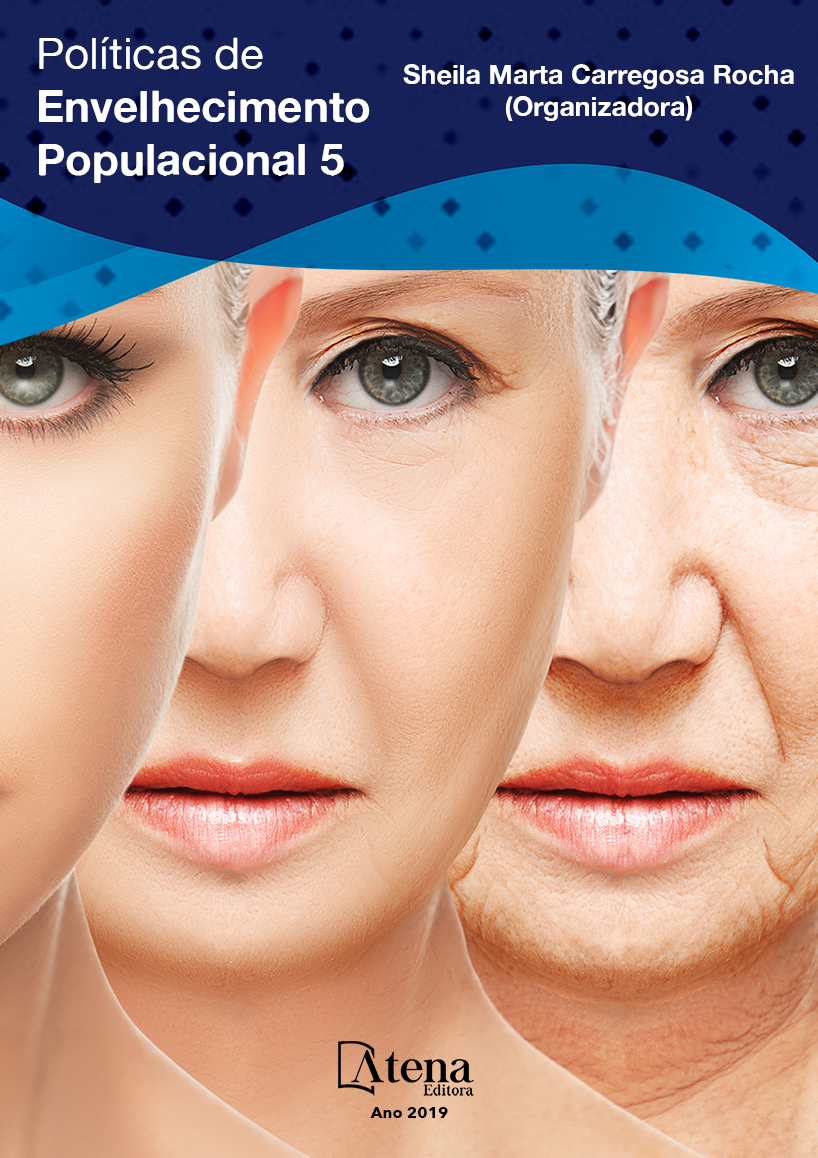
METAMEMÓRIA: O PAPEL DA MUSICOTERAPIA NO ASSISTENCIALISMO À SAÚDE DOS IDOSOS QUE CONVIVEM COM O ALZHEIMER – REVISÃO LITERÁRIA
O Transtorno Neurognitivo Maior, segundo o DSM 5, antes denominado de Demência, caracteriza-se pela redução da cognição significativa em relação ao seu desempenho pregresso, em um ou mais domínios: atenção complexa, função executiva, aprendizado e memória, linguagem, perceptomotor ou cognição social. Tal constatação necessita ter (1) relato do próprio indivíduo, conhecido ou do médico responsável de que há, de fato, declínio importante; (2) prejuízo substancial da cognição, preferencialmente documentada e; (3) interferência na independência para realização das atividades do cotidiano. No Alzheimer, necessita-se de (1) evidência de mutação genética/história familiar, (2) diminuição contínua e gradativa da cognição e, (3) exclusão de outras doenças neurodegenerativas. Seu caráter neurodegenerativo e fisiopatologia não bem estabelecida, dificulta a existência de terapêutica farmacológica curativa. Nas fases iniciais, é possível que o indivíduo tenha consciência da sua condição clínica – metamemória – e afete sua saúde mental levando a quadros de depressão. Dessa forma, evidencia a repercussão multifatorial da doença e a necessidade de adoção de práticas integrativas que envolvam o paciente com Alzheimer e atuem na sua estimulação cognitiva. A musicoterapia tem demonstrado efetividade, principalmente pela percepção musical ser uma das últimas capacidades deterioradas, constituindo uma importante ferramenta no tratamento. O presente trabalho objetiva, dentro do panorama da saúde pública, apresentar a musicoterapia como sendo pertencente às práticas integrativas de atenção à saúde, voltada à população idosa institucionalizada e portadoras de Alzheimer.
METAMEMÓRIA: O PAPEL DA MUSICOTERAPIA NO ASSISTENCIALISMO À SAÚDE DOS IDOSOS QUE CONVIVEM COM O ALZHEIMER – REVISÃO LITERÁRIA
-
DOI: 10.22533/at.ed.80219131125
-
Palavras-chave: Alzheimer; Demência; Neurodegenerativo; Musicoterapia.
-
Keywords: Alzheimer; Demência; Neurodegenerativo; Musicoterapia.
-
Abstract:
The Major Neurognitive Disorder, according to DSM 5, formerly called Dementia, is characterized by significant cognition reduction in relation to their past performance by one or more domains: complex attention, executive function, learning and memory, language, perceptomotor or social cognition. Such finding needs to have (1) report from the individual, acquaintance or physician responsible that there is indeed a significant decline; (2) substantial impairment of cognition, preferably documented and; (3) interference with independence to carry out the daily activities. In Alzheimer's, (1) evidence of genetic mutation / family history is required, (2) continuous and gradual decrease of cognition and (3) exclusion of other neurodegenerative diseases. Its neurodegenerative character and poorly established pathophysiology make it difficult for pharmacological cure. In the early stages, it is possible for the individual to be aware of their clinical condition - metamemory – and therefore affect their mental health leading to depression. Thus highlighting the multifactorial repercussion of the disease and the need to adopt integrative practices that involve the patient with Alzheimer's and act on their cognitive stimulation. Music therapy has demonstrated effectiveness, mainly because musical perception is one of the last deteriorated abilities, as an important treatment tool. The present work aims, within the public health landscape, to present music therapy as belonging to the integrative health care practices, aimed at the institutionalized elderly population and carriers of Alzheimer's.
-
Número de páginas: 1
- Gilvan Gilson de Medeiros Júnior
- Marina Amorim de Souza
- Renan de Brito Caldas
- Gabriela Reis Guimarães
- Isabelly Sanally Monteiro Florentino


